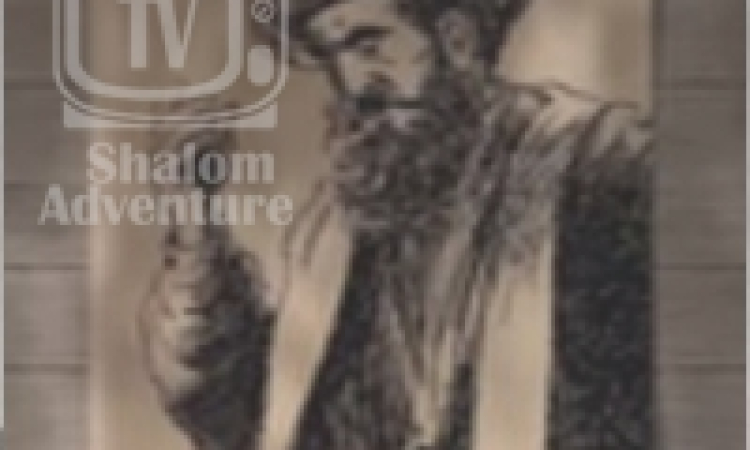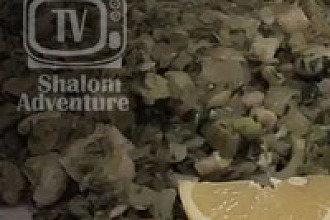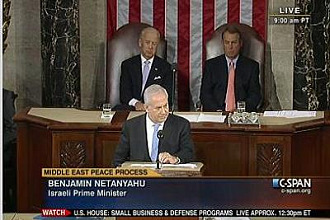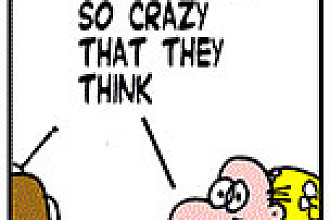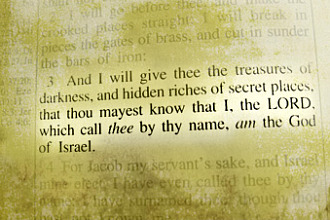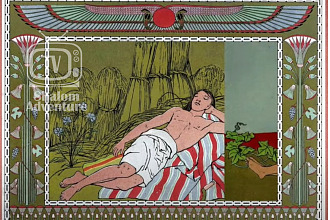Moshe ben Maimon, more commonly referrred to as “Maimonides” as derived from the the Greek translation of “Moses, son of Maimon,” or the equivalent Hebrew word, Rambam (רמבּ״ם), was a Sephardic Jew born to a well-educated, affluent family on Passover Eve of 1137 or 1138 in Córdoba, an ancient Andalucian town in southern Spain with world reowned Moorish architecture and many Islamic and Byzantine overtones flavoring the regional history.
Young Maimonides grew up studying such Jewish texts as the Mishnah, Talmud, and Midrash along with a secular liberal arts curriculum of astronomy, medicine, mathematics and philosophy, most notably the works of Greek philosophers Aristotle, Hippocrates, and Plotinus.
Maimonides’ life was also shaped by Islamic influences. At age 10, the tribe known as the Almohads ruled by the Berber dynasty entered Córdoba and abolished dhimmi status (a tax, the jizya, that Christians and Jews paid to Islam for protection of their lives), which effectively offered the local Jewish people three choices: be converted, exiled, or murdered. The family elected for immigration to Morocco in 1160, and it is believed that while Maimonides may have practiced some aspects of Islam publicly to preserve his life, he practiced Judaism secretly.
The family later sailed to Palestine, then visited Israel, and finally established themselves in Alexandria then later Fustat, Egypt, where Maimonides lived until he died in the year of 1204. However, this last decade of Maimonides’ life in Fustat (modern-day Cairo), inspired by his brother’s death at sea is when he devoted himself most to the practice of medicine as a physician at the sultan’s palace and and wrote ten extensive medical volumes in Arabic on such topics as asthma, hemorrhoids, the biology of digestion, poisons and antidotes, cohabitation, lifestyle medicine, and a collection of drug names compiled from the Arabic, Greek, Assyrian, Persian, Spanish, Berber, and possibly other ancient languages for easy access in one organized manuscript.
“I would find the antechambers filled with gentiles and Jews...I would go to heal them and write prescriptions for their illnesses...” Maimonides spoke of his medical practice.
He was also an avid believer in preventative medicine and finding the root cause of diseases rather than medicating to mask symptoms. Maimonides very much believed in lifestyle and holistic medicine.
“Since, when the body is healthy and sound, one directs oneself towards the ways of the Lord – it being impossible to understand or know anything of the knowledge of the Creator when one is sick – it is obligatory on man to avoid things that are detrimental to the body and seek out things that fortify it,” Maimonides wrote.
These medical works have since been translated from Arabic to English by Jewish medical professor Fred Rosner of New York’s Mount Sinai School of Medicine and the Albert Einstein College of Medicine.
Another one of Maimonides’ great roles in Jewish history outside of medicine is in the role of philosophy and religious education. His fourteen volume Mishneh Torah is his personal reinstatement of Jewish oral law, which has an introduction then is divided into different segments based on topic spanning over 1,000 chapters of material. It is considered a legal text by some, a religious text by many rabbis, and basically served as the first ever compiled encyclopedia on all of oral Jewish tradition and halakha (Jewish law).
*****
"We each decide whether to make ourselves learned or ignorant, compassionate or cruel, generous or miserly. No one forces us. No one decides for us, no one drags us along one path or the other. We are responsible for what we are." - Maimonides
Written by Erin Parfet

